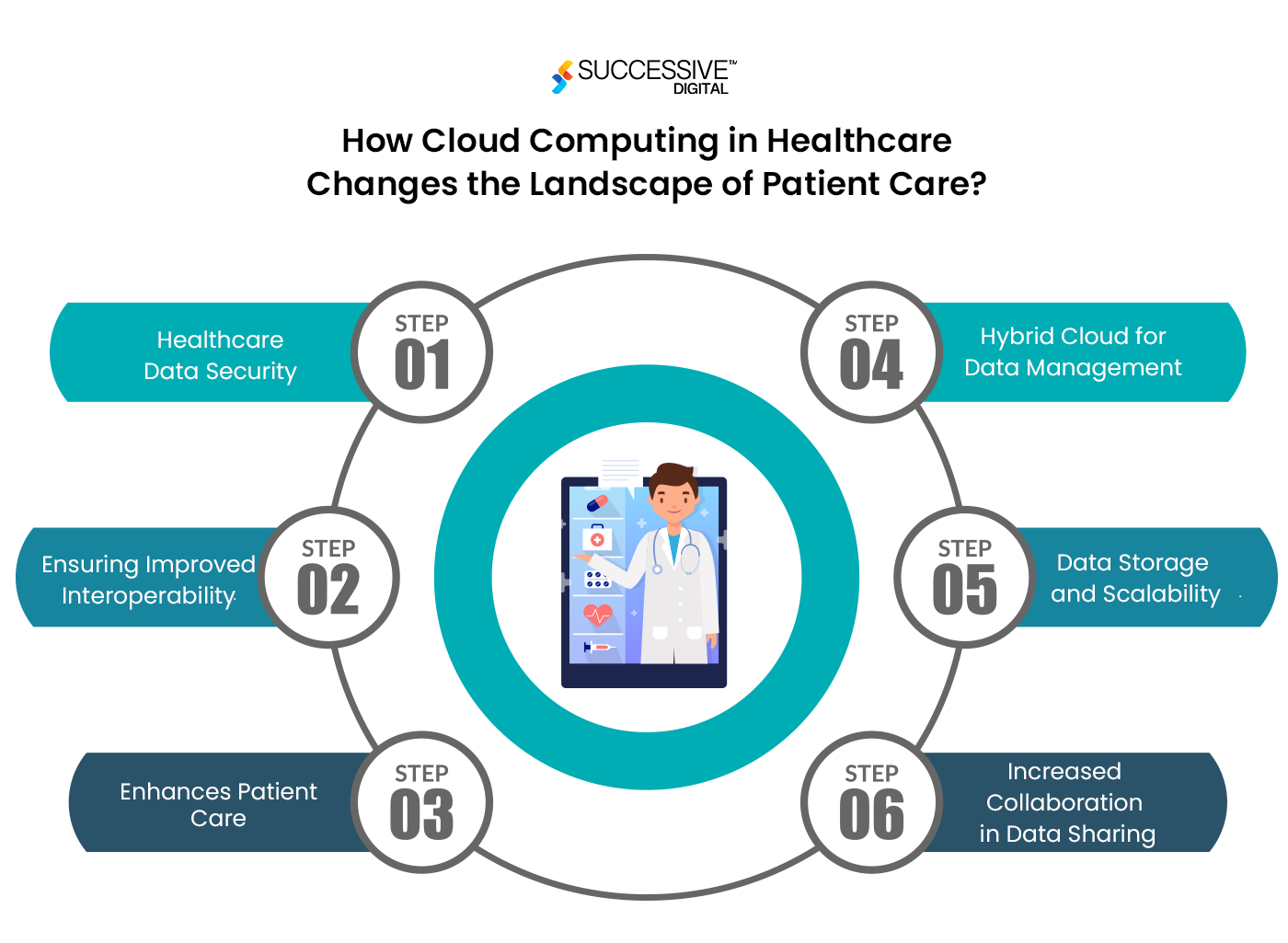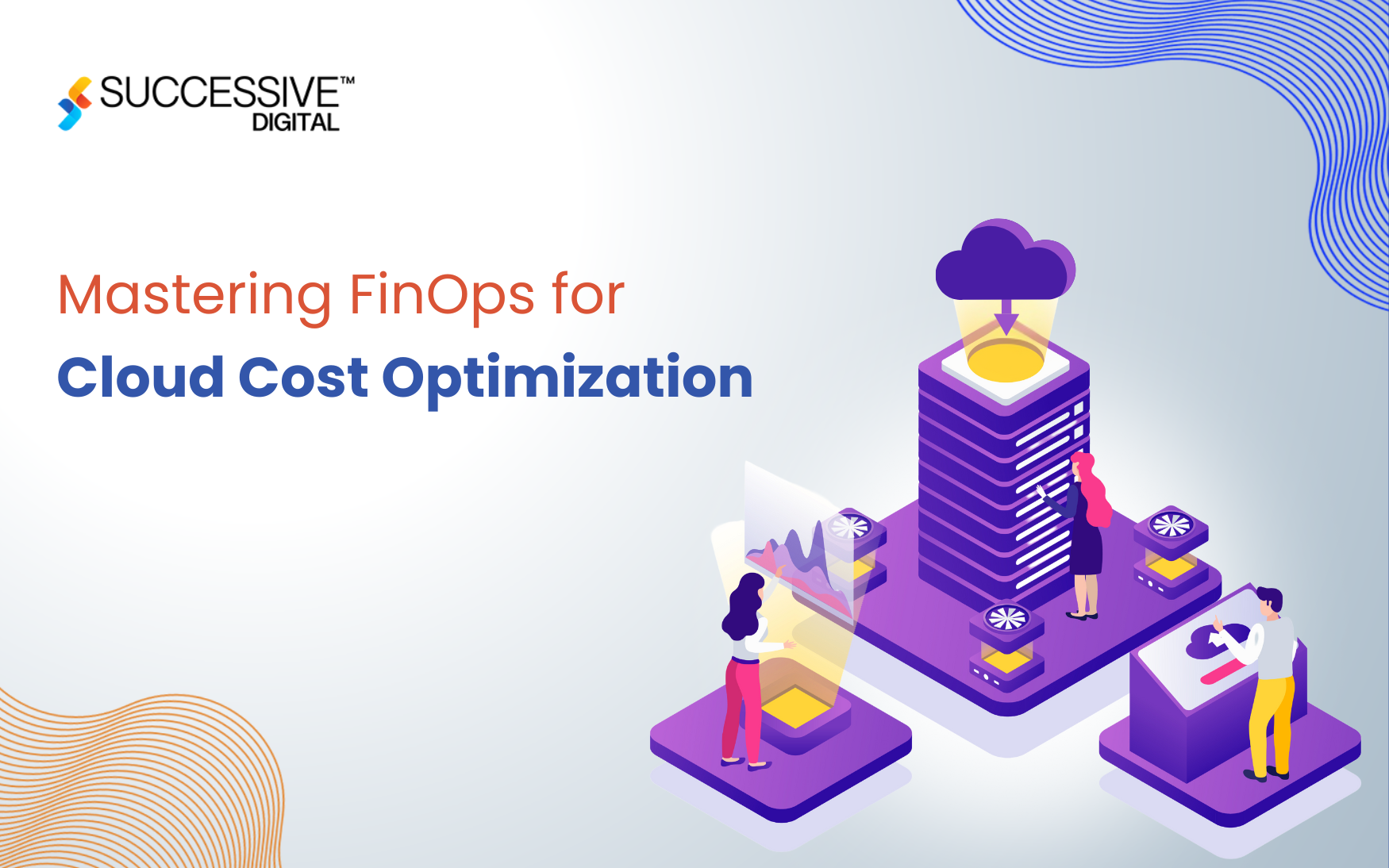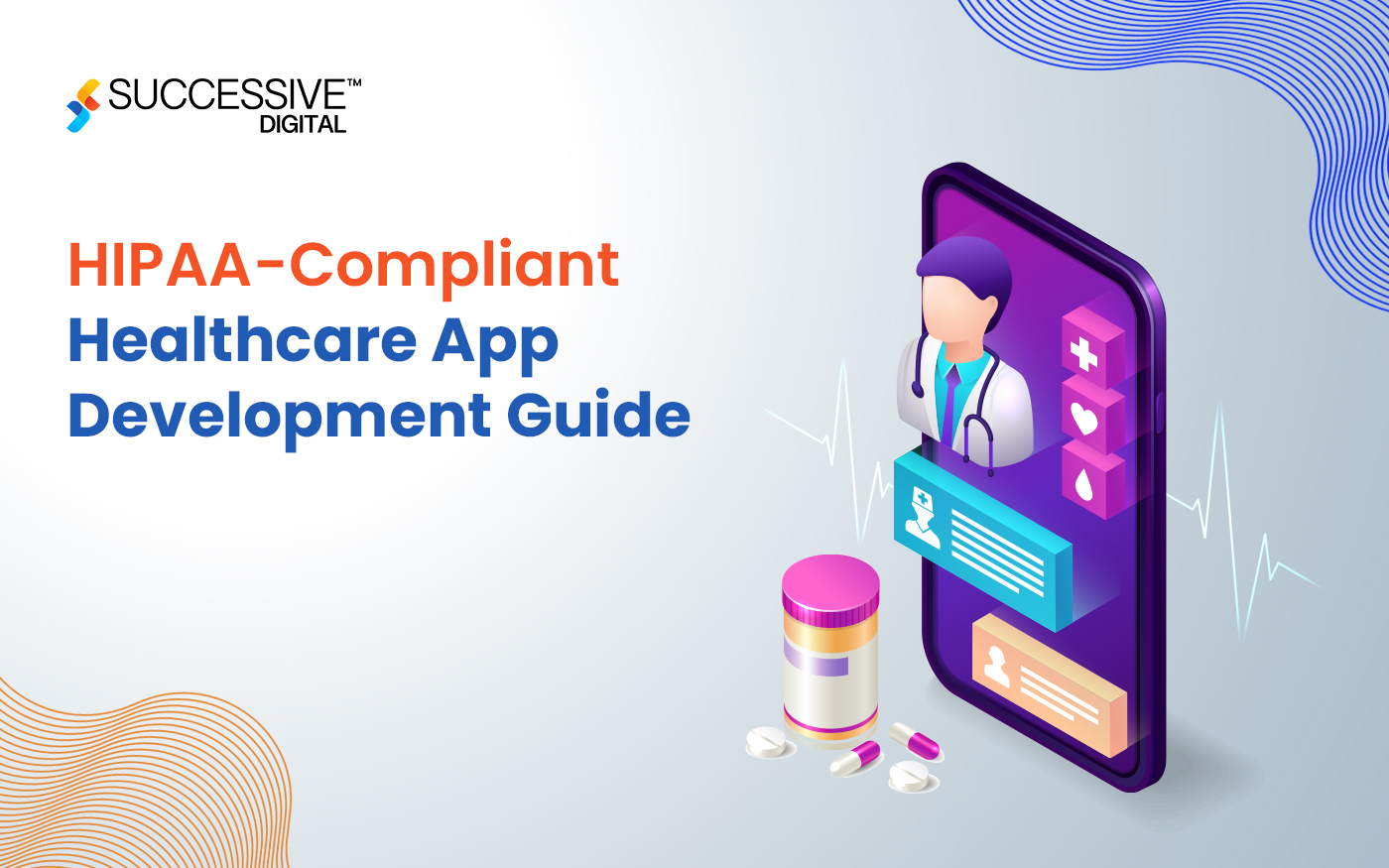In the ever-evolving healthcare space, combining digital technology has profoundly transformed the delivery and management of medical offerings. Central to this transformation is cloud computing in healthcare and data analytics, along with technological advancements that have become essential components of cutting-edge healthcare strategies. The usage of cloud computing allows healthcare providers to acquire unparalleled scalability, flexibility, and value performance. At the same time, big data in healthcare is vital to harnessing enormous quantities of health-related records for actionable insights. Together, these technologies help many applications, from improving affected person care and streamlining administrative tasks to fostering groundbreaking research and innovation.
Cloud computing’s capacity to offer on-demand access to a wide array of computing assets, including storage and processing power, allows healthcare vendors to adapt to changing patient expectations and manage data more effectively and quickly. Meanwhile, big data in healthcare empowers clinicians and researchers to make extra-informed decisions by uncovering patterns and traits within complicated datasets. As the healthcare enterprise continues to face challenges along with growing costs, an aging population, and the need for personalized remedies, the strategic implementation of cloud and data-powered technologies could be vital in driving operational efficiencies.

Cloud Computing in Healthcare
☑️Scalability and Flexibility
One of the critical benefits of cloud computing in healthcare is its scalability. Traditional on-premise IT structures often need to be revised to keep pace with the swiftly converting needs of healthcare. Cloud structures like Amazon Web Services (AWS), Microsoft Azure, and Google Cloud provide elastic computing and digital transformation services that may be easily adjusted based on demand. This adaptability allows healthcare companies to address various workloads successfully, whether daily operations or sudden increases in data processing needs in instances like a deadly disease.
☑️Cost Efficiency
Cloud computing additionally offers vast cost savings. By using professional digital transformation consulting services and transitioning from capital expenditure (CapEx) to operational expenditure (OpEx), healthcare companies can avoid the high upfront expenses associated with buying and maintaining physical servers and data centers. Instead, they can pay only for the assets they use, which is specifically beneficial for smaller clinics and new healthcare startups that could have restricted preliminary capital.
☑️Enhanced Collaboration and Accessibility
Digital transformation via cloud consulting services providers empowers healthcare professionals with seamless collaboration. Medical data and patient information stored in cloud-based systems can be securely accessed from anywhere, facilitating real-time data sharing among clinicians, specialists, and researchers. This capability is not just a convenience but a powerful tool that enhances the efficiency and effectiveness of multi-disciplinary treatment methods and enables timely care in emergency situations. This empowerment can make healthcare professionals feel more capable and efficient in their roles.
Data Analytics in Healthcare
☑️Big Data Analytics
The healthcare industry generates an incredible amount of information, including patient data, medical photographs, genomic facts, and more. Big data in healthcare lets healthcare providers sift through and examine these giant facts pool to find patterns, correlations, and developments that are more relevant for medical decision-making. This can help in more correct diagnoses, powerful treatment plans, and early identity of disorder outbreaks.
☑️Predictive Analytics
Predictive analytics, a branch of data analytics in digital transformation services, uses historical data to forecast future events. Data analytics in healthcare can be used to expect disease progression, affected person readmissions, and potential fitness dangers. For instance, predictive models can analyze affected person records to become aware of individuals with a high chance of developing chronic situations, which include diabetes or coronary heart disease, making an allowance for early intervention and personalized care plans.
☑️Artificial Intelligence and Machine Learning
AI algorithms can accurately process complex datasets beyond human interventions. ML models, skilled with sizable amounts of medical facts, can assist in diagnosing illnesses, recommending remedies, and predicting patient results. Advanced technologies, which include IBM Watson and Google DeepMind, are making brilliant progress in this area, showcasing AI’s potential to support medical decision-making and improve affected person care.
Integration of Cloud and Data in Healthcare Strategies
☑️Genomic Data and Personalized Medicine
Incorporating genomic records into healthcare is paving the manner for customized medicine. Cloud computing in healthcare offers the computational power to process and examine extensive genomic datasets. With the help of data analytics, healthcare providers can become aware of genetic markers connected to diverse illnesses and tailor treatments to person sufferers primarily based on their genetic profiles. This customized method can result in extra effective therapies and better patient effects.
☑️Population Health Management
Population health control aims to improve health effects for businesses and individuals. Cloud computing and statistics analytics allow healthcare vendors to acquire and examine records from several sources, such as EHRs, insurance claims, and social determinants of health. This comprehensive view facilitates recognizing at-hazard populations, broadening targeted interventions, and grading their effectiveness over time.
Conclusion
The integration of cloud computing and data analytics is reshaping the future of healthcare, supplying unheard-of possibilities to improve patient care, streamline operations, and foster clinical innovation. By leveraging digital strategy consulting services, the scalability and cost-efficiency of cloud platforms alongside the powerful insights provided by using data analytics, healthcare providers can extend extra personalized and powerful care solutions. As the industry adapts, staying with the latest technologies is necessary. Fostering advancements in AI, ML models, and interoperability will liberate digital healthcare’s capability in the long run, leading to better-affected person care and a more efficient healthcare ecosystem.












